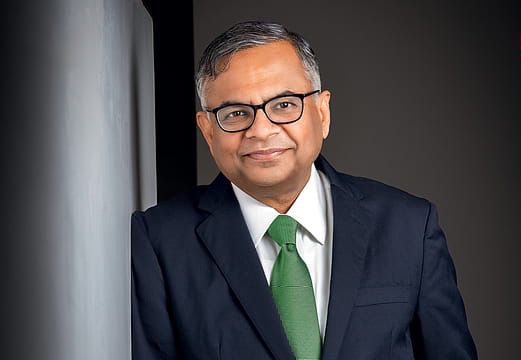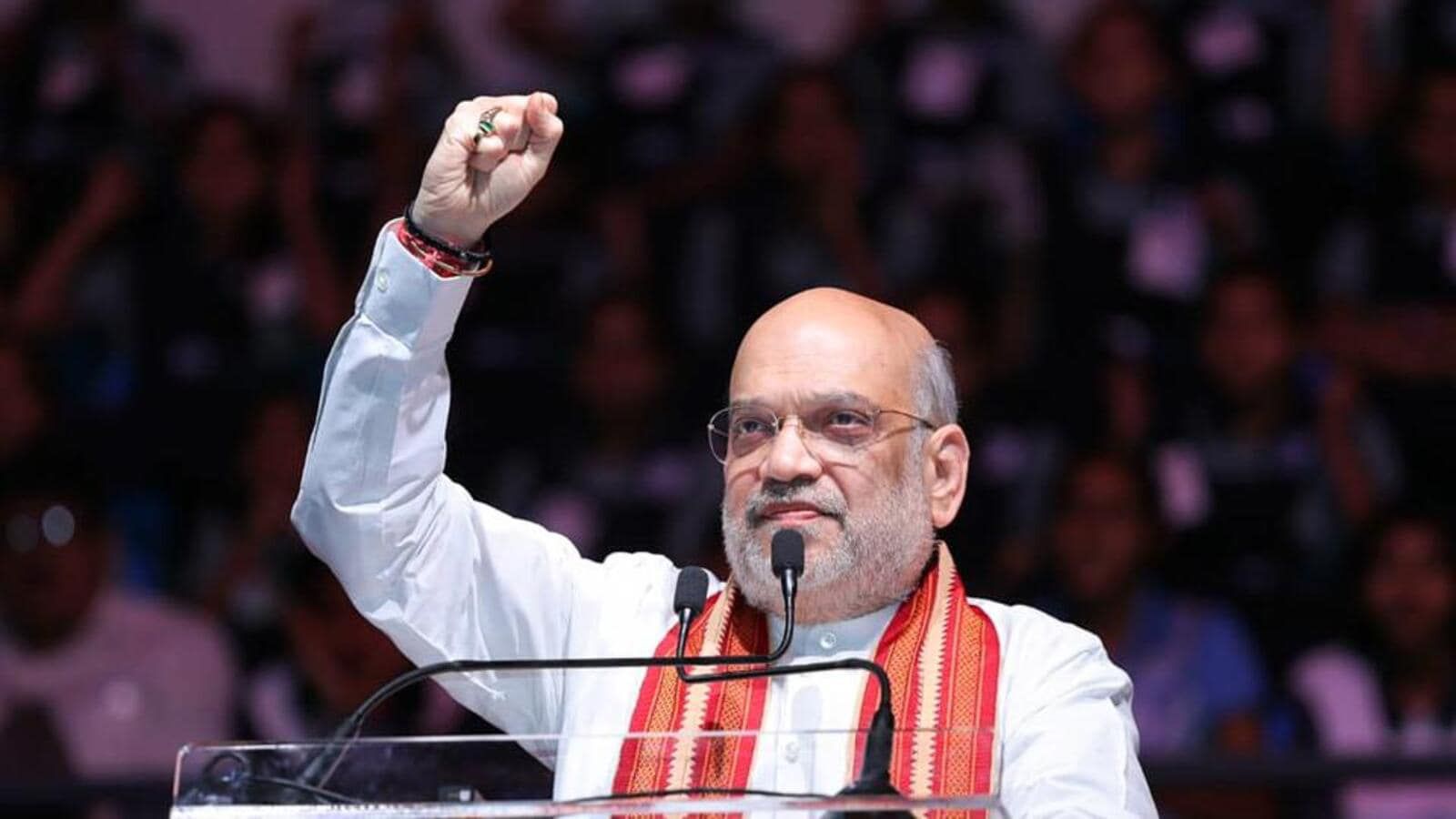 Image Source: Fortune India
Image Source: Fortune India
As Natarajan Chandrasekaran embarks on his third consecutive tenure as chairman of Tata Sons, India’s largest and most influential conglomerate, he faces a landscape filled with both exciting opportunities and complex challenges. His leadership journey has so far been marked by decisive governance, strategic recalibration, and a steady hand in transformational growth, but the evolving global economy and domestic market intricacies now demand even sharper focus and innovation.
Key Highlights: Chandrasekaran’s Leadership Legacy
First appointed as chairman of Tata Sons in 2017, Chandrasekaran successfully steered the conglomerate towards greater digital adoption, sustainability integration, and global expansion.
Under his leadership, Tata Group achieved record revenues, strengthened brand presence across consumer and industrial sectors, and prioritized ESG (environmental, social, and governance) frameworks.
His tenure witnessed significant deals—such as the acquisition of Air India, divestments in legacy businesses, and aggressive expansion in technology services through subsidiaries like TCS.
Strategic Priorities for the Third Term
Navigating global macroeconomic volatility including inflationary pressures, supply chain disruptions, and geopolitical uncertainties impacting Tata’s diverse businesses from steel to IT.
Accelerating sustainability initiatives with ambitious carbon neutrality targets and innovative clean-tech investments amid global climate imperatives.
Driving digital transformation across legacy and emerging businesses to sustain competitive advantage and operational efficiency in a fast-evolving global market.
Enhancing Tata’s footprint in international markets, particularly in areas like electric vehicles, pharmaceuticals, and renewable energy, aligned with the growing demand for green technologies.
Consolidating Leadership and Governance
Chandrasekaran’s third term solidifies his stature as one of India’s most influential corporate leaders, underpinned by strategic vision and stakeholder trust.
Strong corporate governance, transparent capital allocation, and balancing stakeholder expectations will be central to managing growth pressures.
Cultivating a culture of innovation and talent development remains a critical imperative to sustain Tata’s leadership across sectors.
Challenges on the Horizon
The conglomerate must manage increasing competition from both international players and nimble startups, demanding agility alongside scale.
Regulatory scrutiny, evolving trade policies, and changing consumer behaviors require proactive risk management and adaptable business models.
Balancing growth ambitions with responsible corporate citizenship sets a high bar for decision-making under Chandrasekaran’s leadership.
Opportunities for Transformation and Impact
Tata’s investments in next-gen businesses—such as Tata Electric Mobility, Tata Chemicals’ sustainable product lines, and TCS’ artificial intelligence ventures—signal a future-ready portfolio.
Leveraging India’s demographic dividend with increased penetration in digital services and rural markets offers solid organic growth potential.
Collaborations with startups, academia, and government will facilitate innovation ecosystems, positioning Tata as a driver of India’s tech and industrial renaissance.
Stakeholder Perspectives and Industry Outlook
Analysts laud Chandrasekaran’s diplomatic approach in managing the Tata family’s legacy alongside public shareholder interests, creating stability in complex ownership structures.
Employees and partners view his tenure positively for driving inclusive growth initiatives and career development opportunities.
Industry experts foresee Tata adapting robustly to disruptors while retaining core strengths in manufacturing and services under his guidance.
Conclusion
As Natarajan Chandrasekaran enters his third term as Tata Sons chairman, his task involves orchestrating growth with resilience, innovation with responsibility, and global ambitions with local nuances. His leadership will be pivotal in scripting Tata’s next chapter of transformative impact on India’s economy and the global corporate landscape.
Sources: Economic Times, Mint, Business Standard, LiveMint, CNBC TV18
Advertisement
Advertisement






